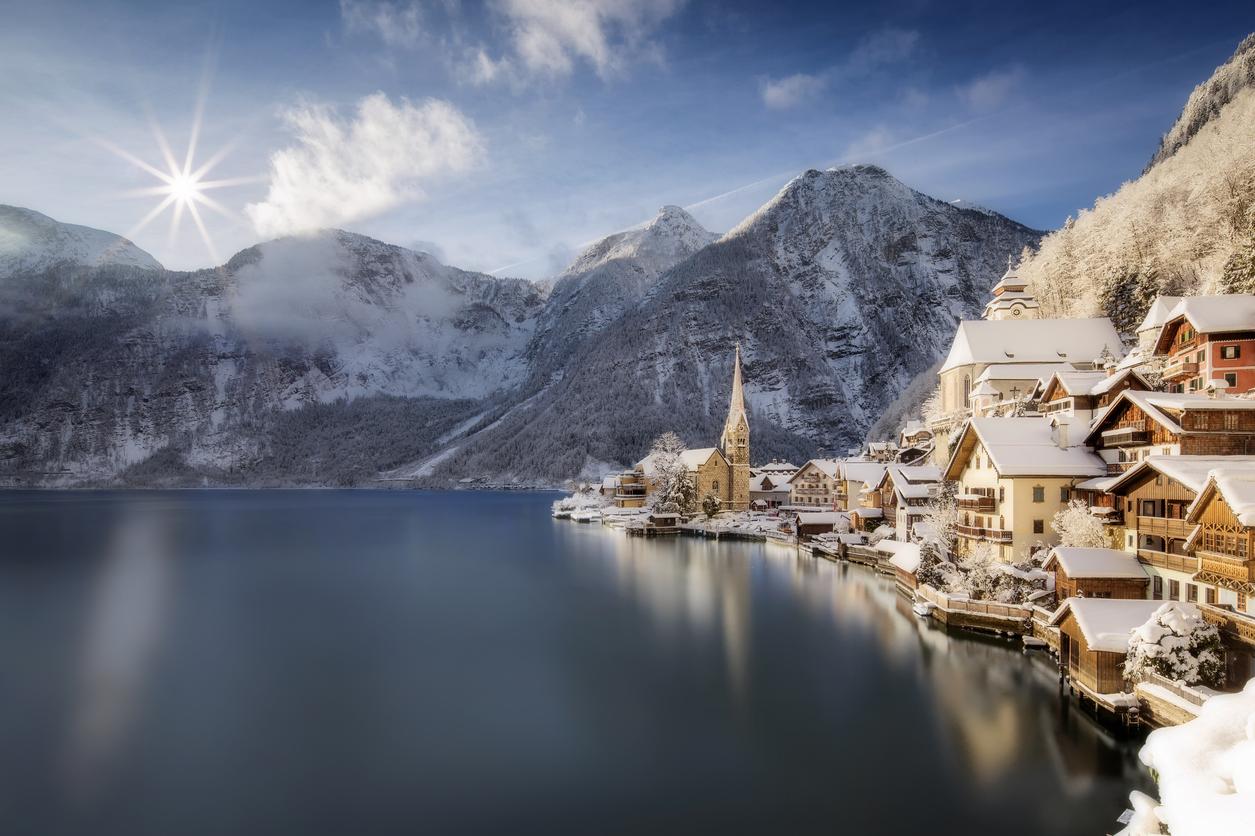Austrian village that inspired Frozen begs tourists to stay away
‘We want to reduce numbers by at least a third,’ says mayor

An idyllic Austrian village is the latest destination to fall victim to overtourism, after it was rumoured it was the inspiration behind the kingdom of Arendelle in the popular Disney film Frozen.
Hallstatt, an hour’s drive from Salzburg, is home to just 780 residents, but visitor numbers have soared from 100 a day in 2009 to 10,000 a day in 2019 – six times the number of tourists per capita that Venice receives.
This onslaught has happened in stages: in 2006, the village featured in the South Korean programme Spring Watch; in 2011, a Chinese business mogul built a complete replica of Hallstatt in the southern Guangdong Province, at a cost of £700m; and in recent years, the fabled Arendelle connection has attracted even more interest.
The problem was exacerbated further after Hallstatt went viral across east Asia for being the “most Instagrammable town in the world”.
Hallstatt’s mayor, Alexander Scheutz, has said he’d like to slash tourist numbers by a third.
“Hallstatt is an important piece of cultural history, not a museum,” he told The Times.
“We want to reduce numbers by at least a third but we have no way of actually stopping them.”
Plans have been mooted to cut the number of tourist buses, currently totalling 20,000 a year, by a third.
The village itself was awarded Unesco World Heritage status in 1997, thanks in part to its 7,000-year-old salt mine – the oldest in the world.
It also has a picturesque setting next to a lake at the foot of the Salzkammergut mountains, charming 16th-century buildings, and a Lutheran church in place of Queen Elsa’s castle.
While inhabitants have undoubtedly benefited in some ways from the influx of visitors, able to keep businesses open year-round, plus maintain the local schools and concert hall unlike other small Austrian villages, overtourism has equally taken its toll.
“It’s a catastrophe,” Verena Lobisser, who owns a local hotel, told the Washington Post. “Many visitors seriously think this is a theme park.”
Join our commenting forum
Join thought-provoking conversations, follow other Independent readers and see their replies
Comments
Bookmark popover
Removed from bookmarks